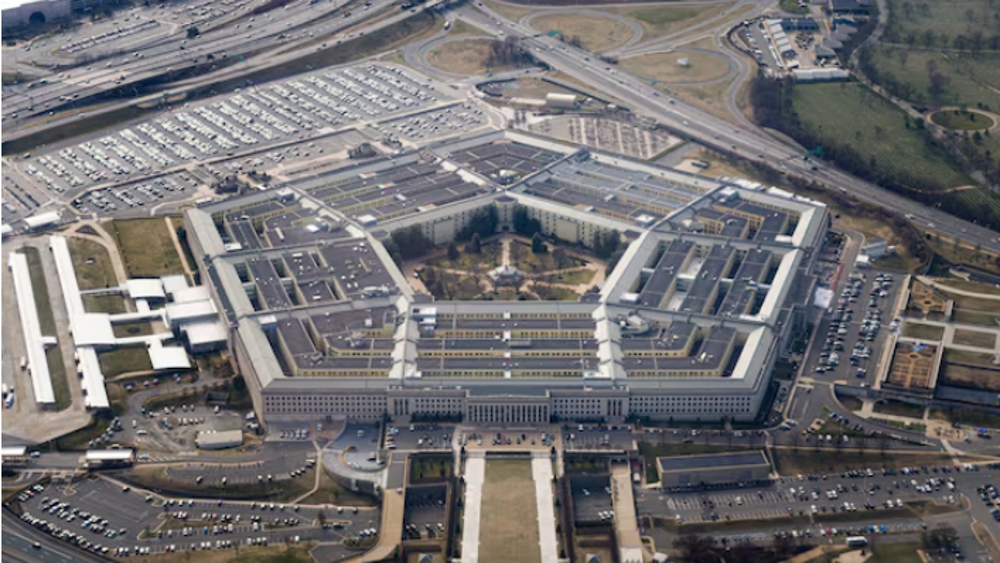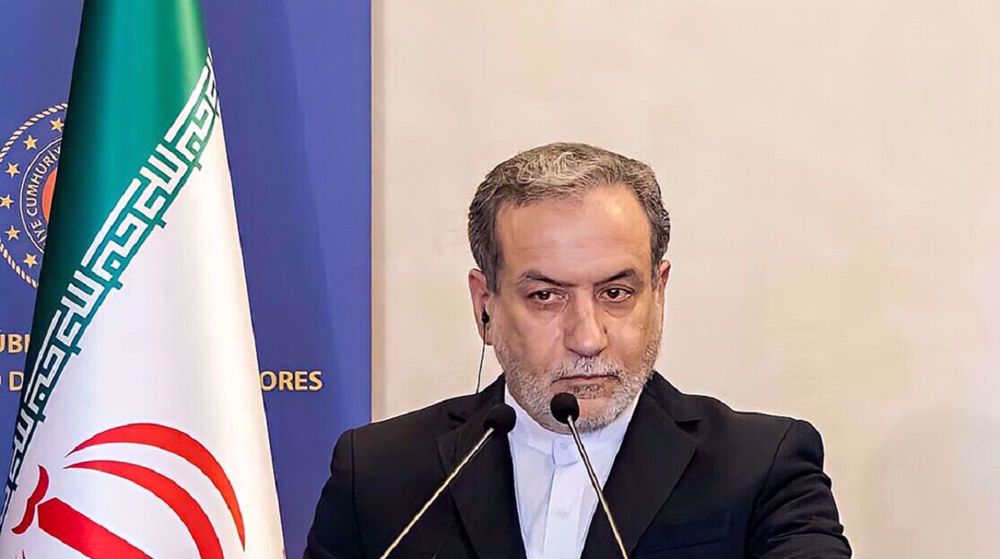US sent Ukraine useless low-tech analogue drones: Report
A report says US-supplied drones to Ukraine to use against pro-Russia forces utilize “stone age” technology that makes them ineffective against jamming and hacking.
According to a report published by Reuters on Wednesday, the 72 Raven RQ-11B Analog mini-drones arrived in Ukraine this summer and are part of US President Barack Obama's non-lethal military assistance strategy to end the war in Ukraine.
"From the beginning, it was the wrong decision to use these drones in our (conflict)," said an advisor to Ukraine's military, Natan Chazin, adding that if it was up to him he would see the drones returned.
The army's Air Force command also acknowledged that the Ravens had a fundamental flaw of being easily intercepted and jammed.
"The complex is analog, therefore command channels and data are not protected from interception and suppression by modern means of electronic warfare," it added.
US officials have accepted that the drones sent to Ukraine are flawed, noting that the US army currently uses the drone’s upgraded digital version.
"They were much less effective than they would have liked, than we would have liked," said a US official speaking on condition of anonymity.
Chazin added that the drones were mostly kept in storage as they were a vulnerability, permitting enemy forces to see and target Ukrainian military positions.
He noted that they also had short battery life and were generally unreliable for use in key intelligence gathering missions.
"(Analog) basically puts you back in the stone age of the UAVs (Unmanned Aerial Vehicles)," said James Lewis, director of the strategic technologies program at the Center for Strategic and International Studies.
"I'm not being critical of the Raven. I love the Raven... But it's a cheap, disposable UAV. And for more intense conflict, that may not cut the ice anymore," he added.
Eastern Ukraine has been the scene of deadly clashes between pro-Russia forces and Ukrainian army ever since Kiev launched military operations in April 2014 to crush protesters calling for greater autonomy in the region.

The United States and its allies in Europe accuse Moscow of having a hand in the conflict in eastern Ukraine, a claim Moscow denies.
International mediators, namely Russia, France, Germany and Belarus, have tried to persuade the two sides of the conflict to remain committed to a peace agreement between the conflicting sides. However, the peace process is stagnant and deadly clashes between Ukraine's troops and pro-Moscow forces are a frequent occurrence.
The autonomy-seeking regions of Donetsk and Luhansk blame Kiev for stalling the peace process.
The conflict has left nearly 10,000 people dead and over 21,000 others injured, according to the United Nations.
Iran decries Israeli aggression on Syria as ‘war crime’
Iran's letters slam UN inaction on Israeli crimes against its citizens
VIDEO | Press TV's news headlines
VIDEO | Yemeni protesters call for military mobilization against Israel
VIDEO | Art festival honors Martyr Tehrani Moqadam’s legacy
Borrell urges sanctions on Israel for war crimes
VIDEO | Top Iranian delegation in Beirut for talks
UN calls on Israel to allow unrestricted access to Gaza to deliver aid













 This makes it easy to access the Press TV website
This makes it easy to access the Press TV website